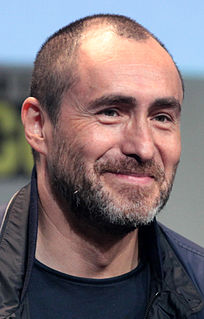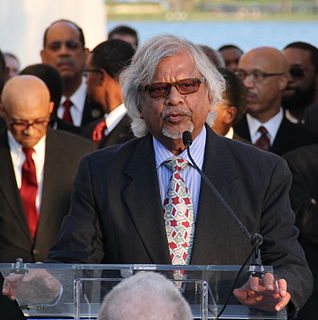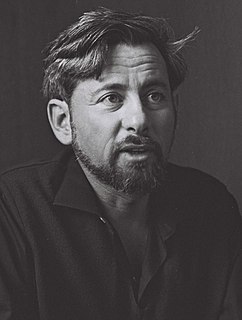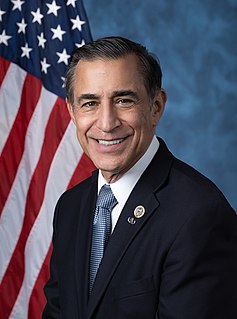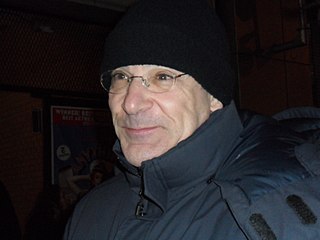A Quote by Letty Cottin Pogrebin
We can remind the world that all the dead on both sides have not settled our differences, so now it is time for the living to renounce violence as a means of solving this conflict.
Related Quotes
When you have a conflict, that means that there are truths that have to be addressed on each side of the conflict. And when you have a conflict, then it's an educational process to try to resolve the conflict. And to resolve that, you have to get people on both sides of the conflict involved so that they can dialogue.
Americans need help understanding their world now more than ever. [TV] believes it's filled its obligation to the public because it's presented both sides. But most of what we're living through now has multiple sides, and those sides, if you take the extreme oppositional views, have to be brought together for people to make a decision about how to act on the information.
A belief in moral absolutes should always make us more, not less, critical of both sides in any conflict. This doesn't mean that both sides are equally wrong; it means that since we all fall short of moral perfection, even the side whose cause is truly righteous may commit terrible acts of violence in defense of that cause -- and, worse, may feel quite justified in committing them. That is the difference between being righteous and being self-righteous. Moral standards are absolute; but human fidelity to them is always relative.
So many people around the world have used nonviolence as a way to resolve a conflict that they faced in their lives. And they continue to use it everywhere all over the world there. And I think, in a way, nonviolence is our nature. Violence is not really our nature. If violence was our nature, we wouldn't need military academies and martial arts institutes to teach us how to kill and destroy people. We ought to have been born with those instincts. But the fact that we have to learn the art of killing means that it's a learned experience. And we can always unlearn it.
Let us not be blind to our differences-but let us also direct attention to our common interests and to the means by which those differences can be resolved. And if we cannot end our differences, at least we can help make the world safe for diversity. For, in the final analysis, our most common link is that we all inhabit this small planet. We all breathe the same air. We all cherish our children's future. And we are all mortal.
There are lots of signs that average Israelis want peace. But after such a long war - this conflict has been going on now for 120 years - you have a fifth generation being born into it on both sides. Such a conflict creates hatred, fears, stereotypes, and demonizations of the other. It would be an illusion to believe you can put an end to this overnight.
It's easy enough to predict that there will be conflict, but you place yourself in a maelstrom when you offer a view about the conflict, and I don't have an investment in one side or the other; I feel compassion for both sides. I've spent a fair amount of time in Gaza and Israel, done a lot of reporting and lived over there, and the tragedy is sometimes overwhelming. At the same time, America does have an investment in what happens.
I must remind you that starving a child is violence. Suppressing a culture is violence. Neglecting school children is violence. Punishing a mother and her family is violence. Discrimination against a working man is violence. Ghetto housing is violence. Ignoring medical need is violence. Contempt for poverty is violence.





